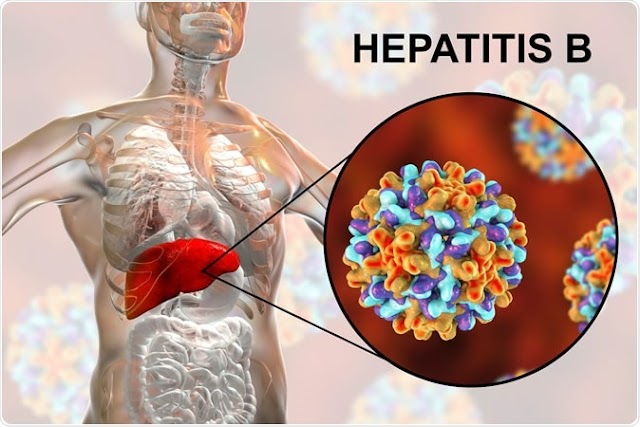What Is Hepatitis A
Hepatitis A is a viral liver disease caused by the Hepatitis A virus (HAV). It primarily spreads through contaminated food and water or close contact with an infected person. The symptoms of Hepatitis A may not appear for several weeks after exposure and can include fatigue, nausea, abdominal pain, jaundice, dark urine, loss of appetite, fever, and diarrhea. Although there is no specific treatment for Hepatitis A, supportive measures such as adequate rest, hydration, a balanced diet, and avoiding alcohol can help alleviate symptoms and speed up recovery. The effective way to prevent Hepatitis A is to get vaccinated and to practice good hygiene, such as frequently washing hands and avoiding contaminated food and water.
- Hepatitis A is a very contagious liver disease caused by the Hepatitis A virus (HAV).
- It primarily spreads through contaminated food and water or close contact with an infected person.
Symptoms
- The symptoms of Hepatitis A may not appear for several weeks after exposure and can include the following:
- Fatigue
- Nausea and vomiting
- Abdominal pain or discomfort
- Jaundice (yellowing of the skin and eyes)
- Dark urine
- Loss of appetite
- Fever
- Diarrhea
Treatment
- No specific treatment for Hepatitis A, but the following measures can help alleviate symptoms and speed up recovery:
- Adequate rest
- Hydration with plenty of water and other clear fluids
- A balanced and nutritious diet
- Avoiding alcohol and certain medications that can strain the liver
- Over-the-counter pain relievers for discomfort
- In severe cases, hospitalization may be required for supportive care.
Prevention
- The effective way to prevent Hepatitis A is to get vaccinated.
- Good hygiene practices, such as washing hands and avoiding contaminated food and water, can also help prevent the spread of Hepatitis A.
Frequently Asked Questions?
1. What is Hepatitis A?
It spreads through contaminated water, food, and contact with an infected person.
2. What are the symptoms of Hepatitis A?
Symptoms may include fatigue, nausea, abdominal pain, jaundice, dark urine, loss of appetite, fever, and diarrhea.
They can appear several weeks after exposure to the virus.
3. Is there a treatment for Hepatitis A?
No specific treatment for Hepatitis A.
Supportive measures such as rest, hydration, a balanced diet, and avoiding alcohol can help alleviate symptoms.
4. Can Hepatitis A be prevented?
Hepatitis A can be prevented by vaccinating and practicing good hygiene.
5. Is Hepatitis A contagious?
Yes, Hepatitis A is highly contagious.
6. How is Hepatitis A spread?
It primarily spreads through contaminated food and water or close contact with an infected person.
7. Can I get Hepatitis A from sexual contact?
Yes, Hepatitis A can be spread through sexual contact with an infected person.
8. Can Hepatitis A be cured?
No, there is no cure for Hepatitis A.
However, the virus usually clears up on its own over time.
9. Is the Hepatitis A vaccine effective?
Yes, the Hepatitis A vaccine is highly effective in preventing the disease.
10. Who should get vaccinated against Hepatitis A?
Anyone can get vaccinated against Hepatitis A, but it is especially recommended for travelers to countries with high rates of Hepatitis A, people with certain risk factors, and people with liver disease.
11. How long does it take for the Hepatitis A vaccine to work?
The Hepatitis A vaccine typically takes two weeks to start working, and two doses are needed for complete protection.
12. Can I still get Hepatitis A if I have been vaccinated?
While the vaccine is highly effective, there is a slight chance of getting Hepatitis A after being vaccinated.
13. Can I spread Hepatitis A if I am vaccinated?
If you are fully vaccinated, you cannot spread Hepatitis A to others.
14. How long does it take for symptoms to appear after exposure to Hepatitis A?
Symptoms may not appear for several weeks after exposure to the virus.











0 Comments